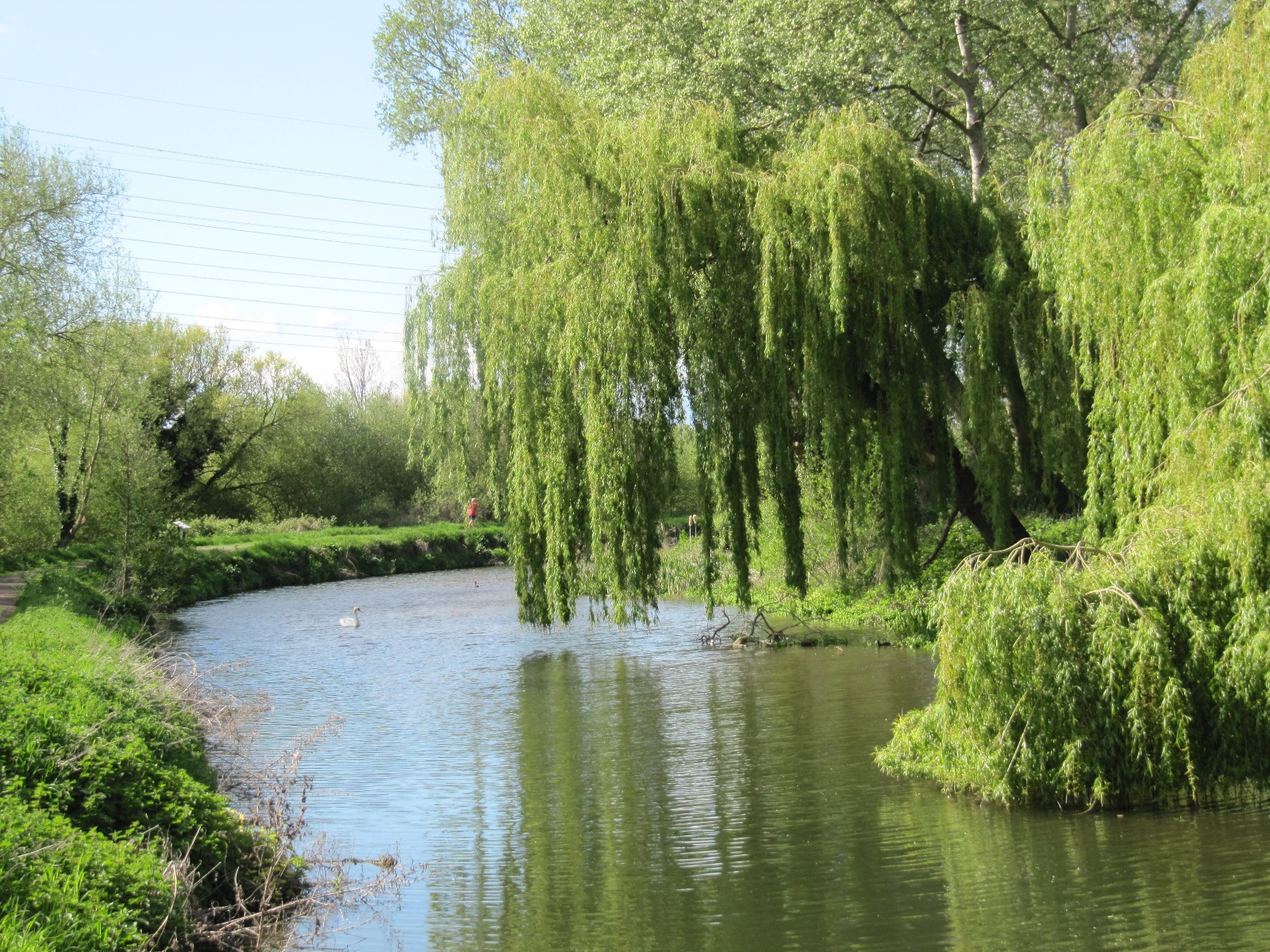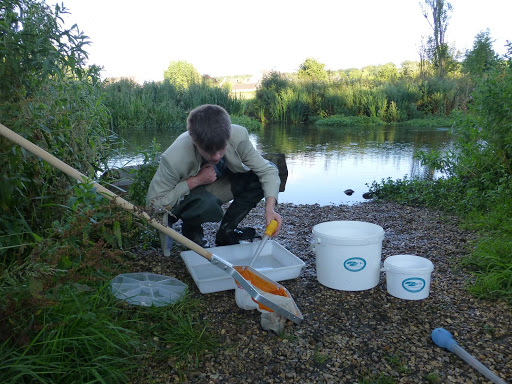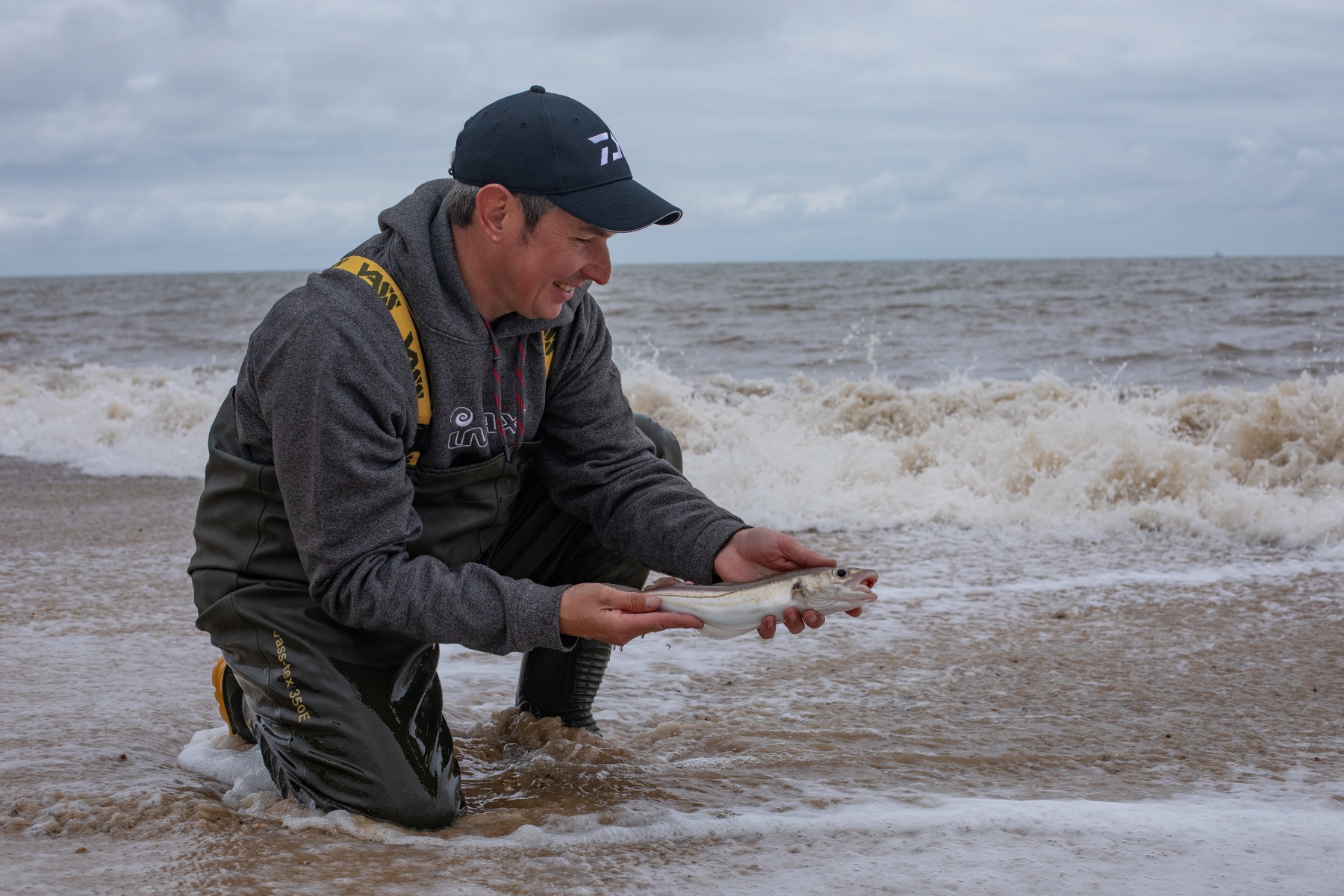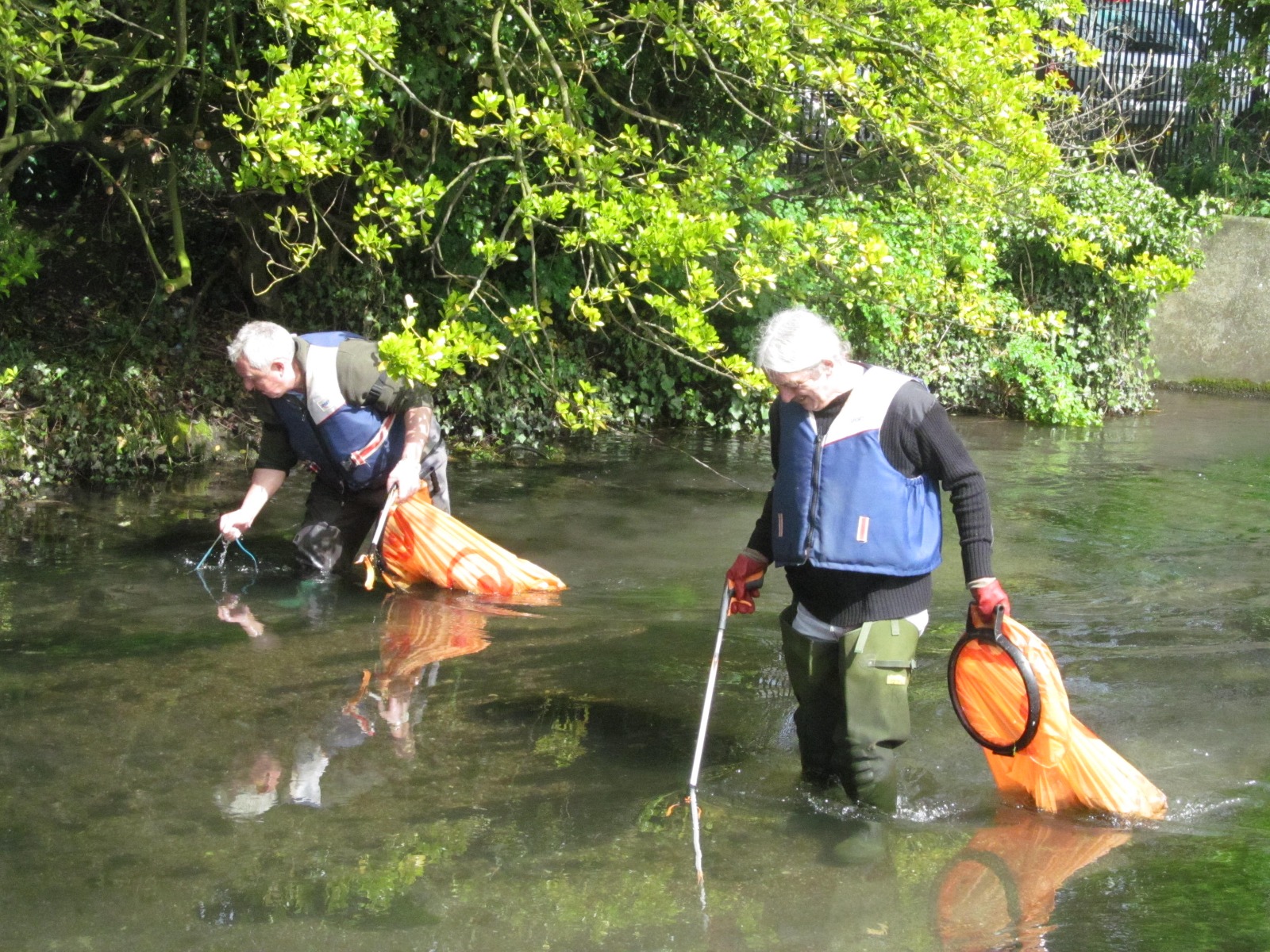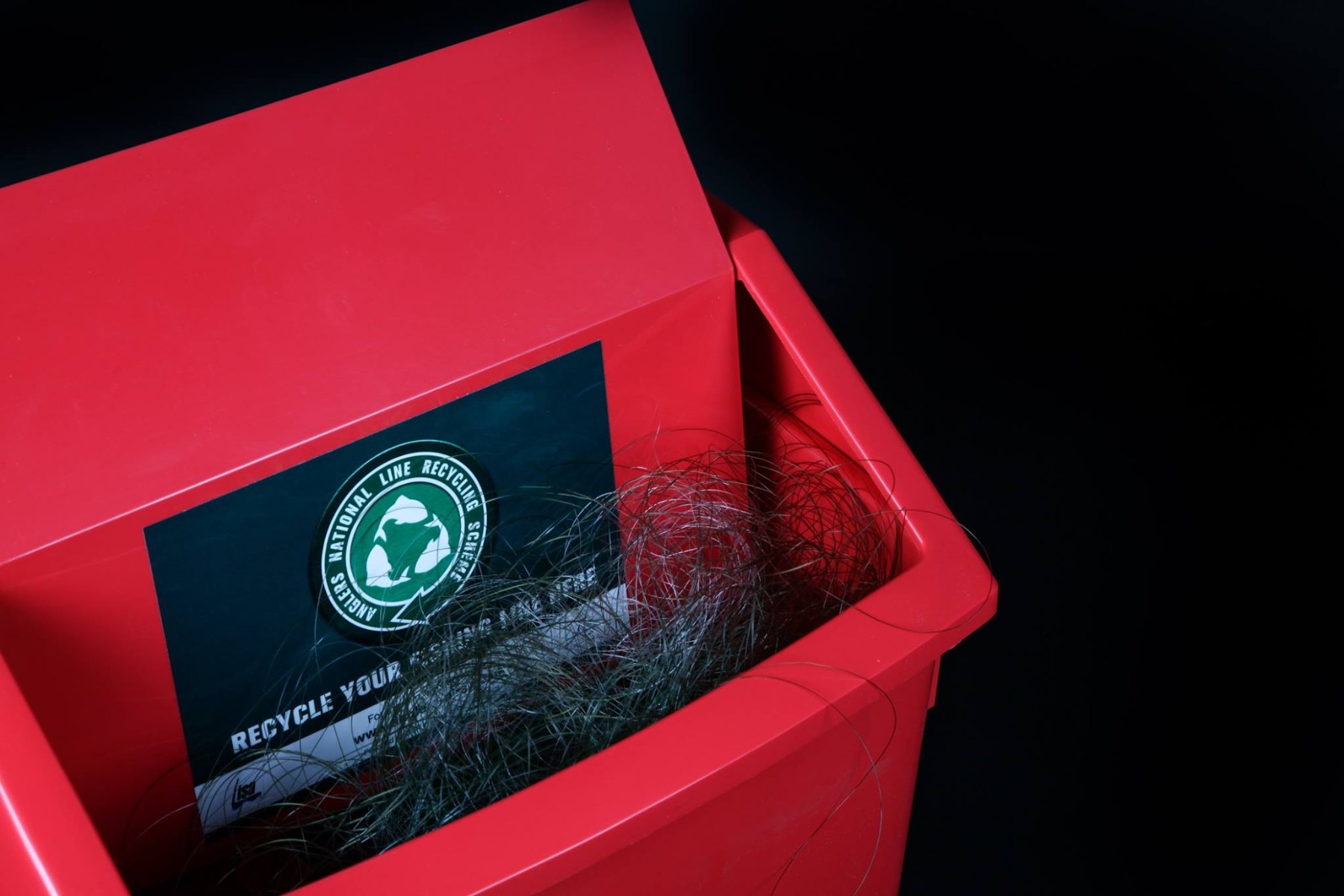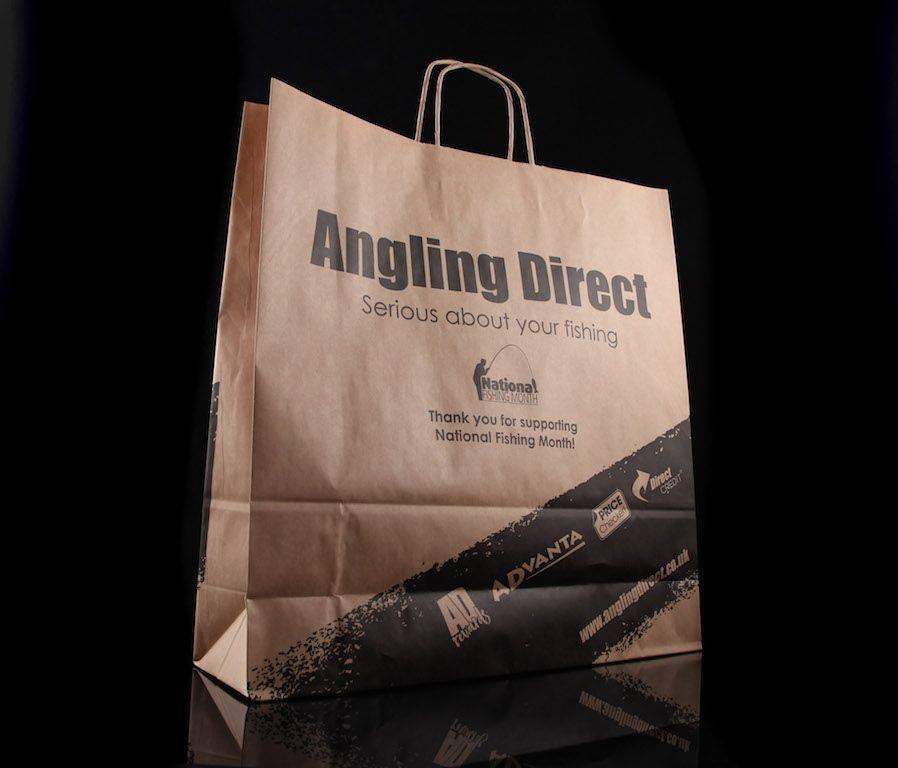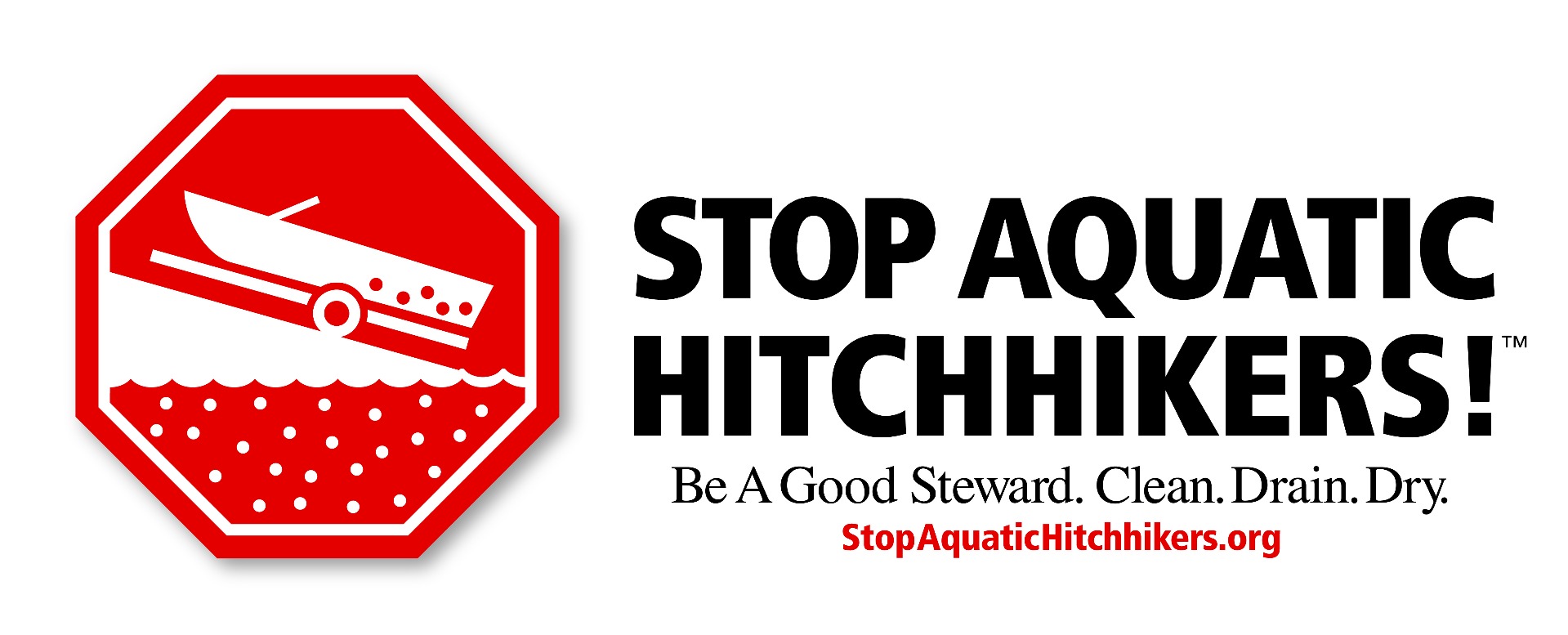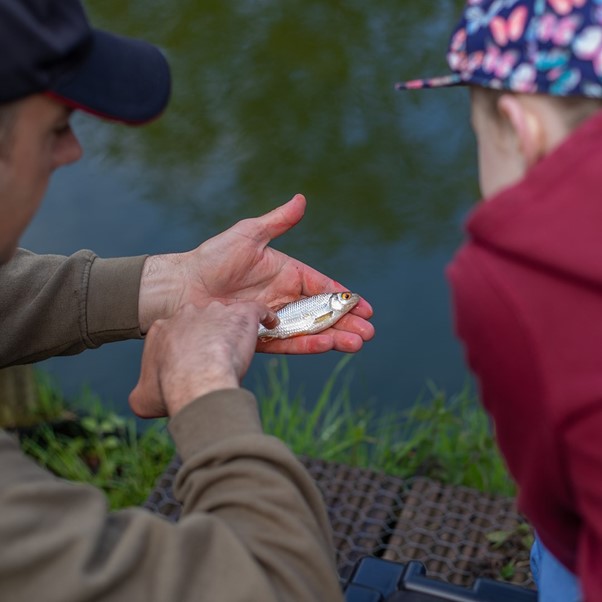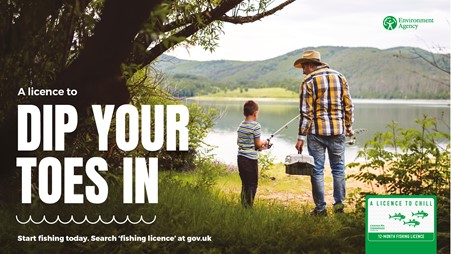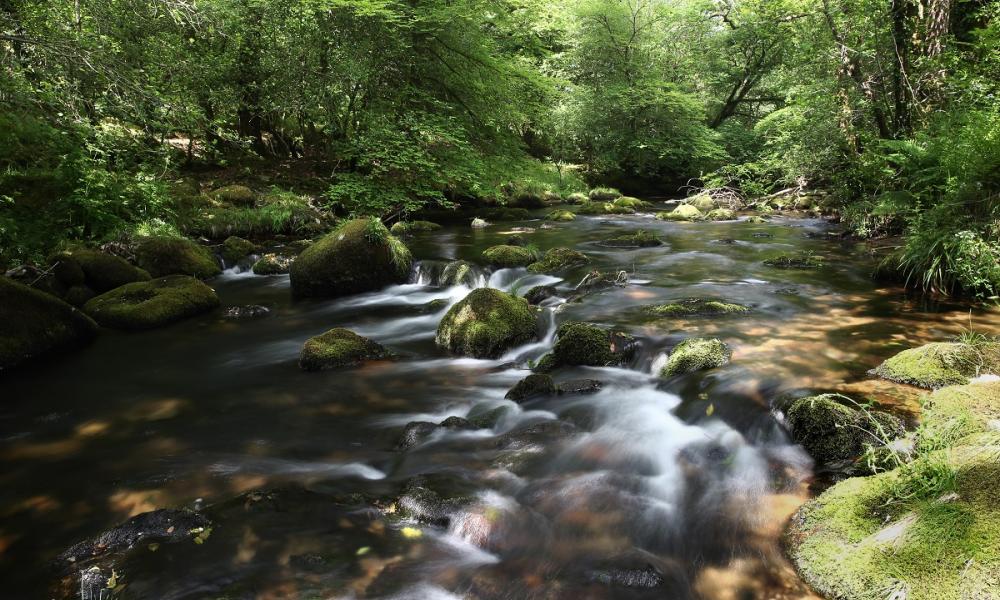World Environment Day 2021 - A Guide to Eco-Friendly Fishing
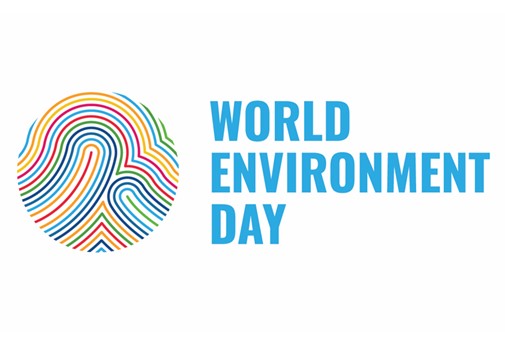
World Environment Day is on the 5th June and the theme for 2021 is 'REIMAGINE. RECREATE. RESTORE'. As part of helping restore ecosystems, the official World Environment Day organisation is encouraging people to do anything from rewilding our gardens to cleaning up rivers and coasts and join the #GenerationRestoration
World Environment Day makes us anglers consider just how much we appreciate the wildlife and nature around us when fishing. We, here at Angling Direct love nature in all its forms, and we think the changes in seasons can be seen at their best near the waterside. You can never get tired of the beautiful countryside and the creatures that inhabit it. Anglers derive such enjoyment and stress relief from their surroundings that catching a fish is occasionally thought of as a bonus!
Why is Fishing Good for the Environment?
Not only do anglers benefit from spending time at the bankside. Angling provides an opportunity for people to become advocates for the environment while being out there and enjoying themselves. There are numerous ways in which recreational angling participation generates positive impacts on the environment.
Anglers are helping by looking after the aquatic ecosystems. As the ‘eyes and ears’ of waterways, many anglers take great pride in being the first to report any events or negative environmental impacts on fresh and saltwater habitats. Those that fish or are part of angling clubs are also usually involved in monitoring the health of wildlife and invertebrates, such as participating in fish count events, working with the Environment Agency and the Riverfly Partnership to carry out ‘health checks’ on the Rivers and Lakes as part of the nationwide Riverfly Partnership Angler Monitoring Initiative or participate in [aquatic] surveys. These surveys and monitoring take part in various forms of water management for the benefit of both themselves and the wider environment. Not only do anglers get a sense of personal achievement from carrying out this sort of voluntary work but, as this work is usually carried out in the local area, this benefits the local community as well.
Unfortunately, not all angling is practised in an environmentally responsible way and there is so still so much the fishing community can easily do to help cut down on environmental impacts. In the spirit of World Environment Day, we, here at Angling Direct have decided to put together a guide to help do our bit.
Top Tips for Eco-Friendly Fishing
1) Follow Local Byelaws and Fishery Rules
The widespread endorsement and application of catch and release principles by anglers in wild fisheries help to protect livestock. You can further protect fish by following your local byelaws from on .GOV or research the rules of the fishery you plan to use when angling. Often you will find fisheries outline the bait, rig presentation, hooks and more that is banned from the water to protect the welfare and give all anglers a great session of fishing.
When practising eco-friendly fishing such as catch and release, in addition to choosing barbless circle hooks, keep your catch wet and limit the time the fish stays out of the water to increase the chance of survival.
With fish stocks being finite there are controls such as sensible minimum landing sizes, restricted commercial quotas for commercials, bag limits for recreational fishing and even closed seasons for certain fish and disciplines. Some disciplines such as Sea angling has a slightly different approach as they must make an informed decision about whether to keep a fish for the table or release the catch safely back to the water. Give Fish a Chance is a voluntary guideline for anglers that states the minimal landing sizes for frequently caught sea fish species.
2) Report Poaching and Pollution of Aquatic Wildlife
From 2015 there are some Water Protection Zones in the UK but there are still many canals and rivers affected by farming and other agriculture disposals causing major damage to fish populations. All anglers can do is notify local Stewards of the water you are fishing from and support Angling Trust, Defra and Fish Legal in their pushing for government discussions of food product and waste that directly affects surrounding wildlife.
As well as reporting any pollution of the nature surrounding the water’s edge, anglers can also work together with organisations such as Angling Trust to face the problem with poaching and over-abstraction or any other issue on a river, still water or canal, etc. Reports of poaching and pollution are important as it helps local and in some cases national issues that impact the environment to be resolved.
3) Cleaning up Litter After a Day’s Fishing
Many recreational anglers are cleaning up litter, not only after themselves but joining anglers clubs and angling-related organisations in scheduled events of litter removal from waterways and surrounding land. Anglers are growing more conscious of the adverse publicity linked to fishing, cleaning up after themselves with fishing line, unused bait and their own packed lunch. If you change your mentality to leaving the fishing area cleaner then what you found it, it will help the marine ecosystem improve.
4) Improving Recycling Habits
When collecting up your rubbish from a day at the bankside, go one step further and spare a thought of how exactly you will dispose of it. With an old, used fishing line you can save it up and take it to your local Angling Direct store to pop into our line recycling bins.
Read more on How to Recycle Your Fishing Line, here.
Whether you are a freshwater or sea angler, if you find that one of your fishing nets has a huge hole that is somewhat irreparable, consider recycling this too as many items such as clothing, footwear and homeware, even sunglasses can be made out of it!
5) Choosing Environment-Friendly Fishing Gear
Making changes to what angling products you use can help reduce the negative impact on the environment. One way of achieving this is by switching to reusable, fish-friendly bait such as artificial sweetcorn or lures. Anglers can also opt for a biodegradable monofilament fishing line that breaks down faster yet still has the same performance characteristics as the regular line. Using lead products can be dangerous to fish so consider changing the friendlier materials such as steel, tungsten or tin.
Eco-friendly angling also concerns your choice of hooks. By choosing circle hooks instead of J-hooks you can minimize internal damage, especially when practising catch and release. It is also recommended to look for rigs made of materials like glass beads, to pick knotless nets and when you’re picking out other gear like waders or tackle boxes, look for those made from recycled materials.
